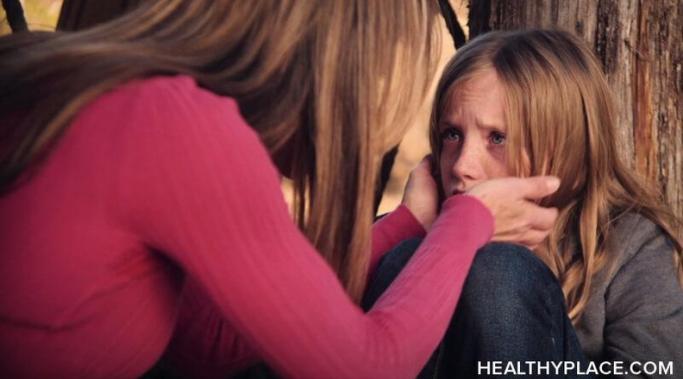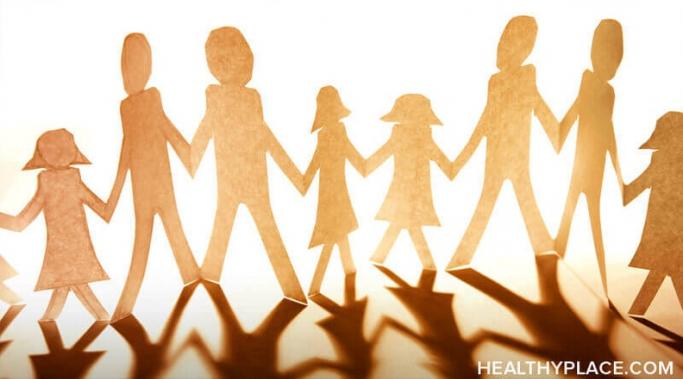Leaving verbal abuse behind is hard. Verbal abuse can be traumatic for individuals of any age, regardless of how much exposure there is to this harmful behavior. Of course, each person is unique and will react in different ways when facing verbal abuse. These responses can determine how effective it is to leave verbal abuse behind and move toward a healthy and happy life.
Leaving Abuse
Navigating verbal abuse is never ideal. This toxic behavior can alter how a person sees and trusts others and interacts in relationships. The amount of exposure to verbal abuse can drastically change a person's view or attitude toward themselves and others. This situation is one I'm familiar with since I can see now that verbal abuse has changed me.
The 2022 psychological thriller Alice, Darling, a movie showing emotional and verbal abuse, is another true-to-life scenario familiar to many individuals, unfortunately. This movie depicts a woman involved with an emotionally and verbally abusive partner, but she continuously explains his habits away as normal occurrences. The storyline displays how the verbal abuse dynamic can change an individual's personality and how they navigate everyday life.
Is forgiving verbal abuse even possible? Learning to heal from verbal abuse is a unique journey that won't be identical to someone else's path. Each person will go through a series of stages as they work through their past and move forward. Your idea of healing may also differ greatly from what someone else believes is necessary. So, can you forgive verbal abuse, and do you have to so you can move past it?
Living with verbal abuse can drastically alter your life choices and how you navigate the world. However, it's critical that you break away from being the victim if you are recovering from a verbally abusive past. Dealing with abuse is only part of your story and is not the only way to define you as an individual.
Verbal abuse can come from individuals of any age, including children. Unfortunately, the understanding that kids can be cruel is too common for many parents. So, why do children resort to verbal abuse to handle difficult situations? The answer could be due to learned behaviors or a developmental phase.
If your verbally abusive past includes positive memories with your abuser, you aren't alone. Unfortunately, many verbal abuse victims can recollect happy times, which may create guilt or confusion as they work through their healing journey.
Speaking up against abuse can be especially difficult for anyone who has been a victim of repeated verbal abuse. Although I find it easy to be the voice for others when I see an abusive situation, it's entirely different for me. I have often faced circumstances when I knew I should have said something and defended myself but could not find my voice. I still struggle to have the same strength I give to others vulnerable to abuse.
The holiday season can bring feelings of community and love, but for many estranged verbal abuse victims like myself, it's a reminder that there are family members who are no longer part of their lives. Avoiding a verbally abusive situation benefits the individual but can also bring emotions of loneliness and exile with estrangement.
The ongoing side effects of verbal abuse can be complex and last for years. One exceptionally painful emotion that still resonates with me, even decades after, is guilt. It can be hard to move past it, and it may also invite its close friend, shame, to the party.









